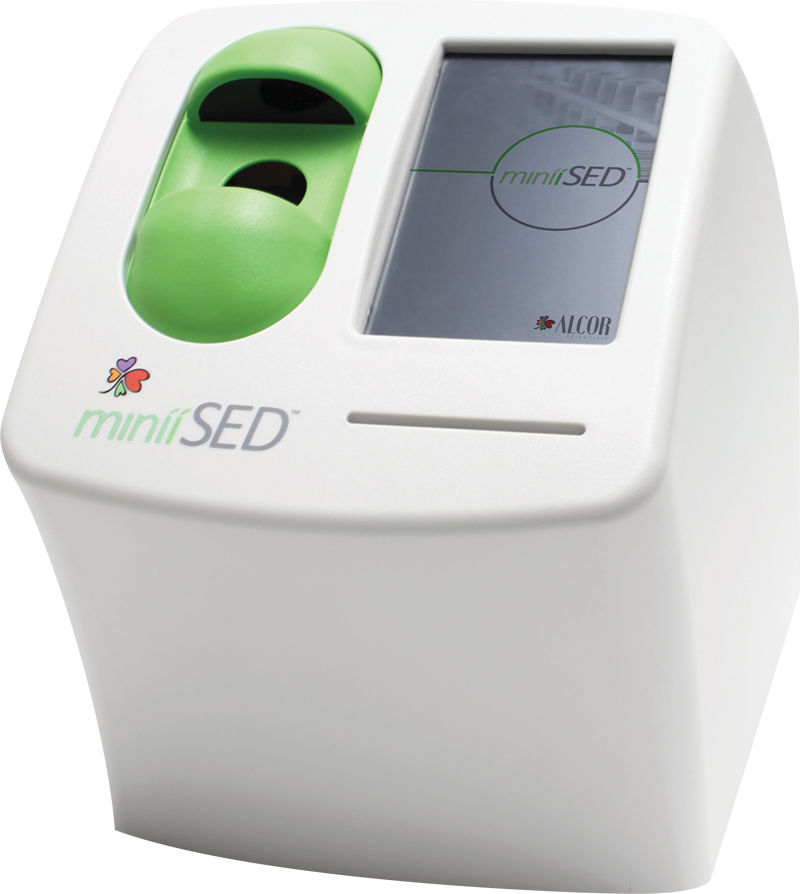Transforming ESR into one of the easiest tests in the lab to perform
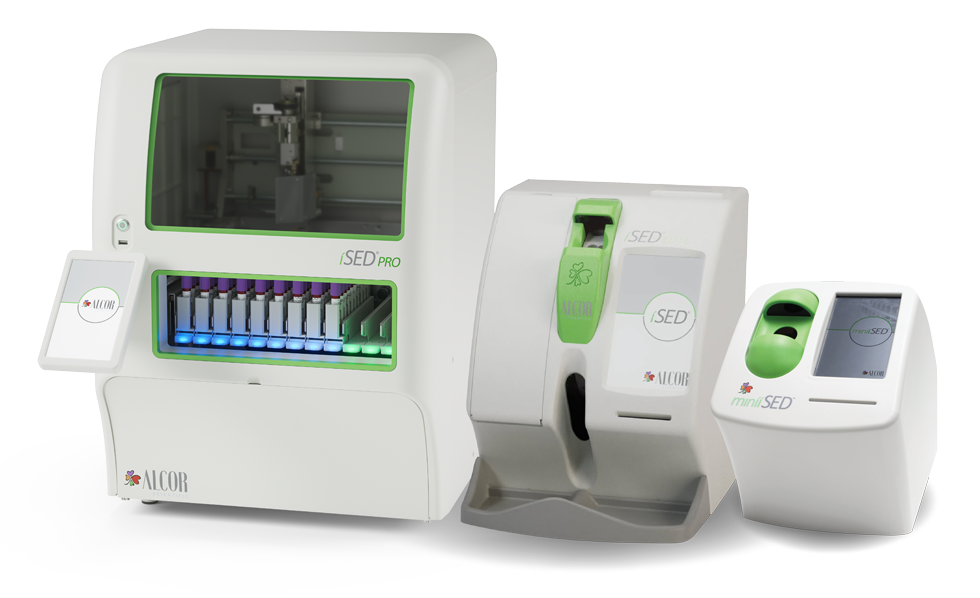
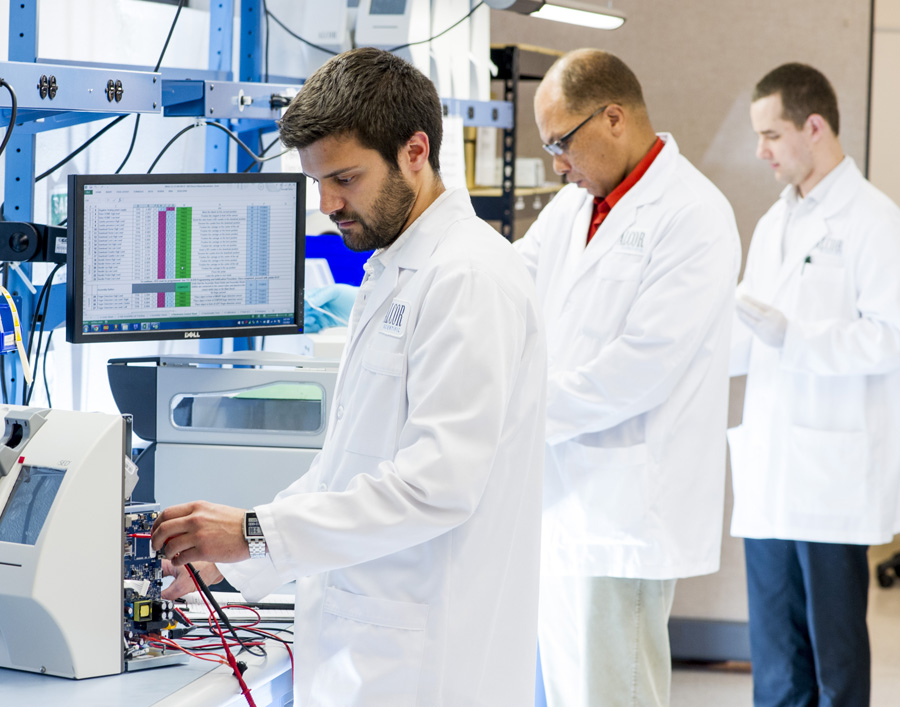
Challenging Times in the Laboratory Call for Simple Solutions
Erythrocyte sedimentation rate (ESR) –one of the most established and commonly performed lab tests in the world – is used to help determine if a patient has inflammation or help monitor patients with known inflammatory conditions. Traditional ESR testing is done using a technique called the Westergren method, a labor-intensive method with significant limitations and a short sample stability window. Newer, more automated ESR tests can shorten the time to result but still retain many inconveniences of the Westergren method. iSED® analyzers utilize novel photometric rheology to optimize laboratory efficiency by providing an ESR result within 20 seconds with minimal hands-on time.
Results within 20 seconds
Walk-away automation / < 3 seconds hands-on time
Highly correlated to the Westergren Method
7x longer sample stability than traditional ESR methods
100 µl aspirated volume (500 µl total volume required)

iSED® Technology: ESR Has Finally Evolved
ALCOR® Scientific’s novel photometric rheology technology measures rouleaux formation, which represents the earliest and most critical phase of red blood cell sedimentation. Red blood cells are injected into the iSED® analyzers’ flow cell which causes them to disaggregate. Light transmission through the flow cell is monitored as the cells begin to re-aggregate. During the erythrocyte sedimentation process, the amount that red cells aggregate ultimately determines how much they settle. Thus, the technical innovation of iSED® analyzers consists of “directly” measuring the aggregation to the red blood cells, whereas the traditional ESR methods “indirectly” measure the aggregation of the red blood cells by recording the length at which the cells settle in a Westergren tube. iSED® results are correlated to the Westergren method and provided in mn/hr.
By measuring red blood cell aggregation, iSED® analyzers can generate an ESR result within 20 seconds via a fully-automated, standardized workflow without the drawbacks of gravity-based sedimentation methods. Traditional ESR methods demand samples are tested or refrigerated within 4 hours – this is increasingly unrealistic for modern labs. ESR sample stability for iSED® analyzers is 28 hours room temperature or 48 hours refrigerated, optimizing sample transport logistics and helping ensure reliable results despite testing delays.
ESR Can Be Easy: iSED® Analyzers Remove the Inconveniences and Drawbacks Associated with Traditional ESR Testing
Traditional ESR testing is commonly affected by different environmental variables as well as variables within the sample. The iSED® sample is analyzed within seconds in a closed environment, limiting potential impact of environmental factors, and sampling is done by the instrument, eliminating the potential for human error. A 7x longer sample stability window also helps streamline workflows and reduce redraws.
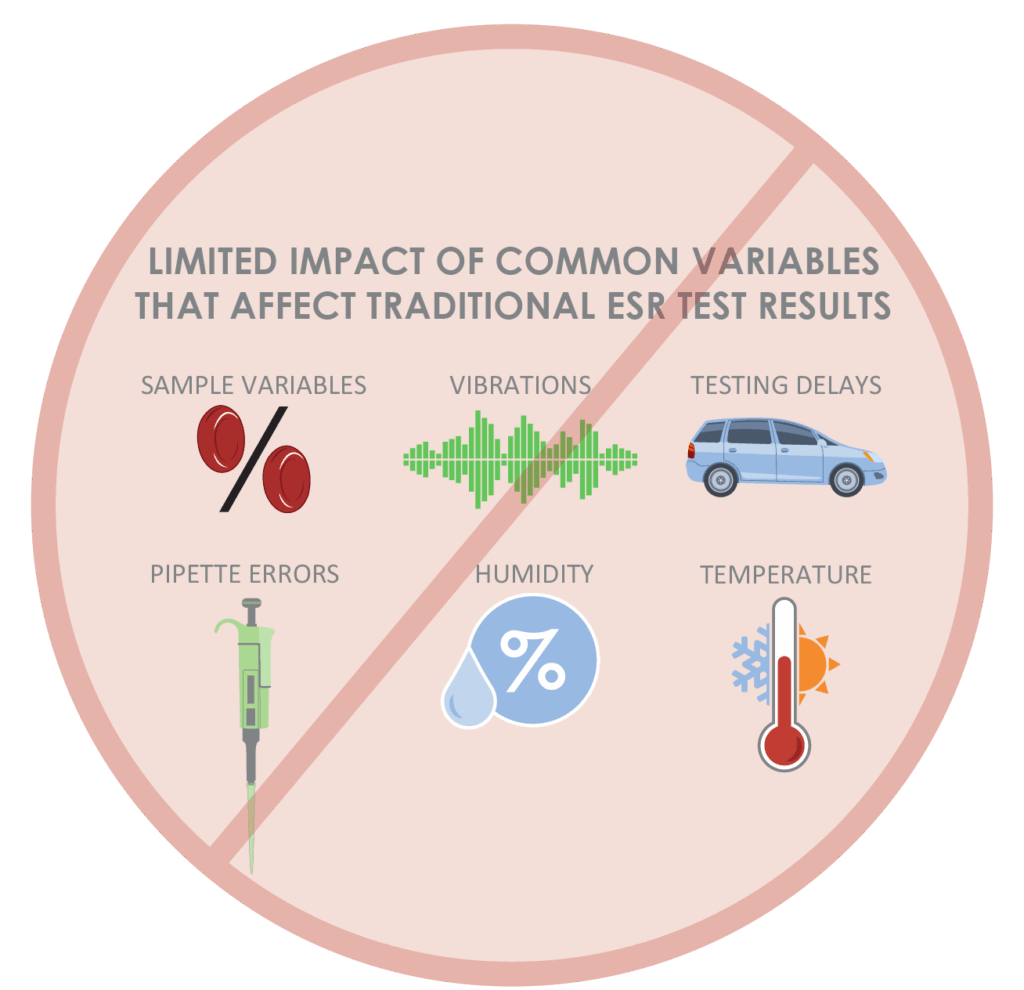
Which ESR Analyzer is Right for You?
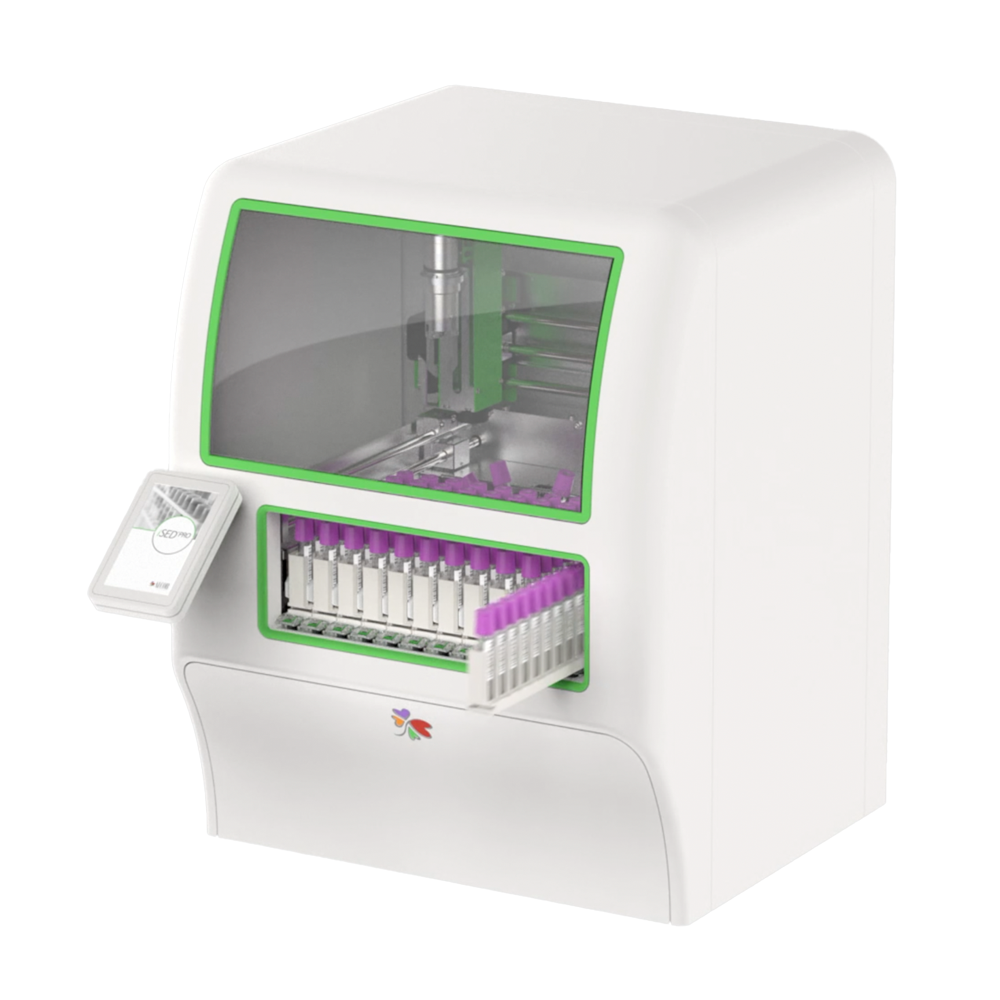
iSED® PRO
Best for labs that:
- Require the highest level of automation
- Prefer rack-based sample loading
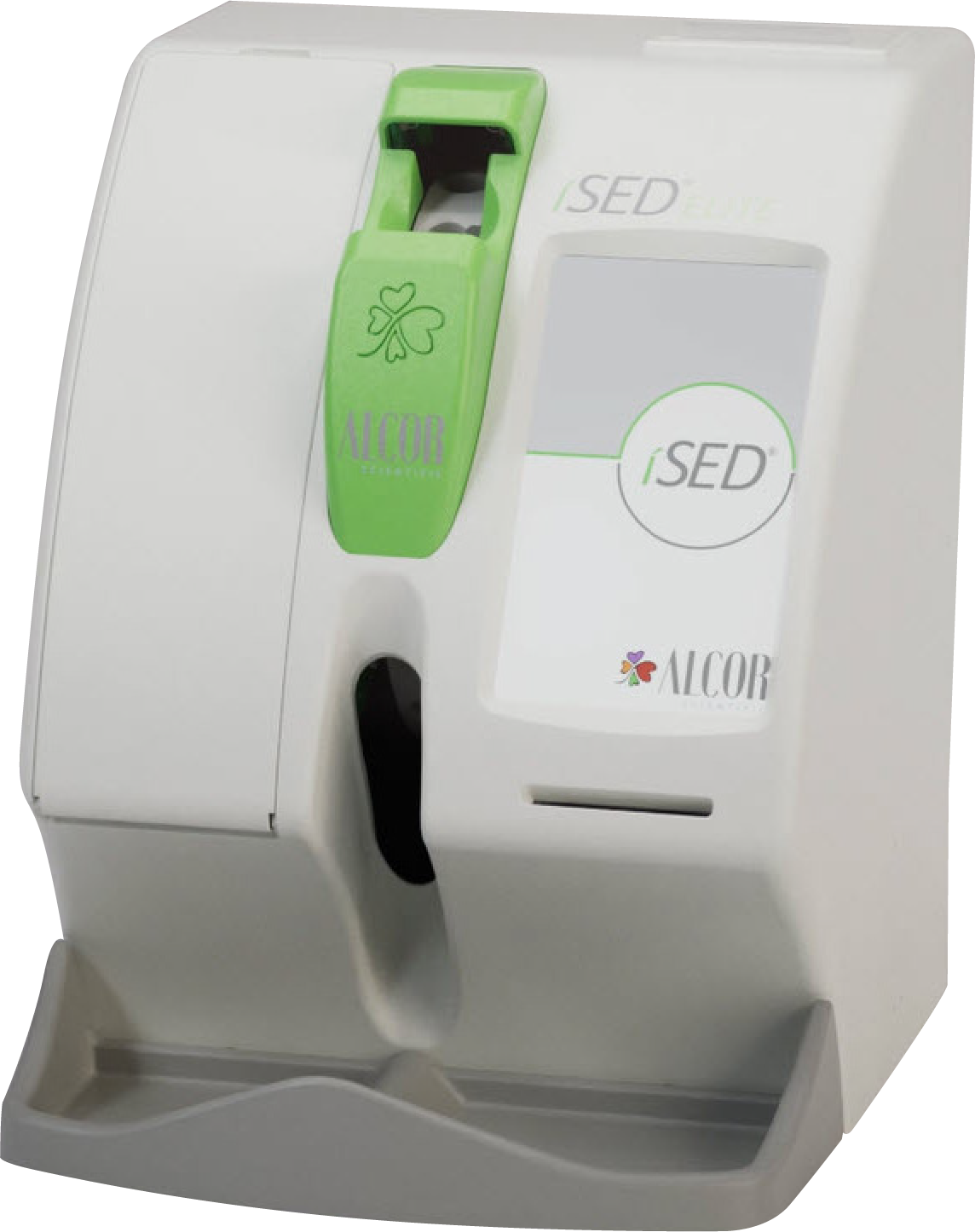
iSED® ELITE
Best for labs that:
- Want a medium to high volume ESR testing solution in a compact footprint
- Run multiple samples at a time

iSED® PRO
Best for labs that:
- Require the highest level of automation
- Prefer rack-based sample loading

iSED®
Best for labs that:
- Receive more than one sample at a time
- Require the least amount of hands-on time
- Prefer automated sample mixing
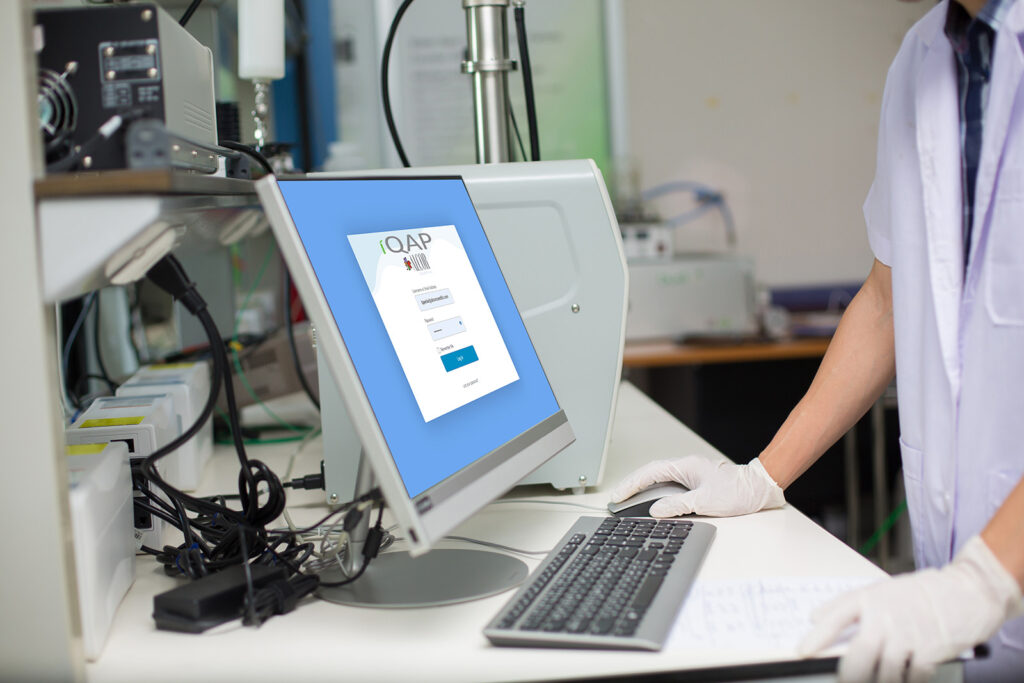
Quality Control Made Convenient
SEDiTROL® Controls are bi-level, human-based whole blood controls in ready-to-use barcoded tubes. SEDiTROL® Controls have 60-day open vial stability and can be stored at room temperature.
All SEDiTROL® customers have free access to iQAP, ALCOR® Scientific’s online peer-to-peer quality assurance program, to help ensure the reliability of tests results for patient care. The easy-to-use iQAP service allows users to generate reports on-demand and compare their laboratory’s performance to other laboratories worldwide. iQAP has a robust network of thousands of active users for the iSED® platforms.
